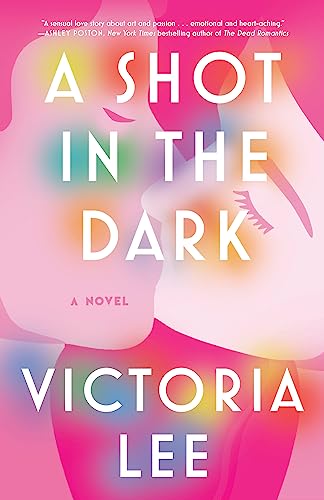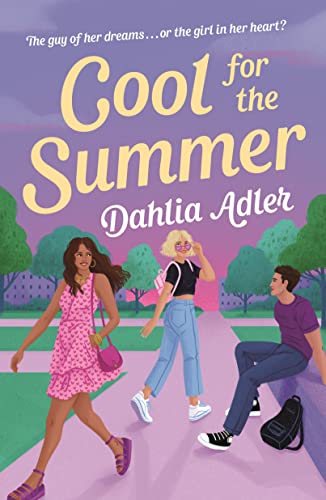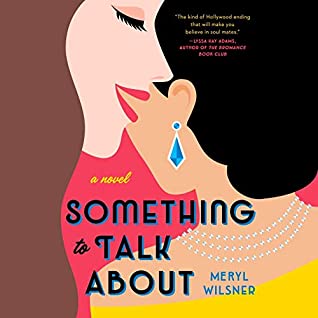Buy this from Bookshop.org to support local bookstores and the Lesbrary! And you think you have a lot of crap to deal with! The Year My Life Went Down the Toilet by Jake Maia Arlow is the story of twelve-year-old Al Schneider, whose life is moving at far too fast a pace—and so are her intestines.Read More
Sliding Doors, But Make It Bisexual: Going Bicoastal by Dahlia Adler
Buy this from Bookshop.org to support local bookstores and the Lesbrary! I watched Sliding Doors as a kid and was enthralled by the idea of watching a life play out in two different ways based on branching out from a single event. I suppose it was my introduction to the concept of parallel universes. SoRead More
A Queer M/F Romance of Healing and Reconciliation: A Shot in the Dark by Victoria Lee
Bookshop.org Affiliate Link This novel is a masterful exploration of various themes, ranging from consent and communication during intimate moments to faith, substance abuse, and power dynamics. The author’s ability to delve into these topics with depth and sensitivity truly impressed me. The novel shines in its approach to consent and communication during sexual encounters.Read More
Sweet Summer Bi Vibes: Cool for the Summer by Dahlia Adler
Bookshop.org Affiliate Link “Just because you’re telling a good story doesn’t mean it’s the right story. And I think it’s really important to tell the right story.” For three years of high school, Larissa had extreme heart-eyes for Chase Harding; the sweet, popular, football star any girl would die to date. After returning from summerRead More
Nat reviews How To Excavate a Heart by Jake Maia Arlow
Amazon Affiliate Link | Bookshop.org Affiliate Link Sweet yet angsty. Coming of age and coming out stories. A meet cute that’s…not so cute. Jewish holiday rom com. All the big, tender feels of young love. Non-stop cackling, except when you take a break to have a good cry. A prominently featured corgi. These are aRead More
Meagan Kimberly reviews Something to Talk About by Meryl Wilsner
Amazon Affiliate Link | Bookshop.org Affiliate Link Something to Talk About by Meryl Wilsner follows Jo, a famous actress, writer and showrunner in Hollywood, and her assistant Emma. When they appear at an award show together and seem incredibly intimate, rumors of their romance begin to swirl. This ignites questions of the dynamic of theirRead More


